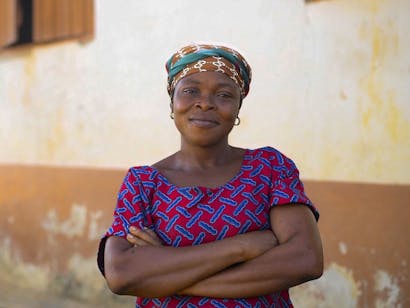Spaces for Dialogue

The impact of the Community Score Card approach
- The Community Score Card (CSC) proved to be highly relevant in four of the six EVC countries, opening up constructive dialogue between citizens and public authorities, generating citizen-generated evidence for CSOs to use for lobby and advocacy and to hold public authorities accountable and resulting in improved service delivery and more inclusive governance processes. In Rwanda and Burundi, the CSC was adapted to monitor and improve the inclusivity of governance processes instead of only generating evidence related to public service delivery.
- Through formal (e.g., local participatory development planning and budgeting) and informal (e.g., Community Score Card, campaigns, demonstrations, etc.) spaces, women, youth, and CSOs engaged in multi-stakeholder platforms where competing agendas were negotiated and pro-accountability coalitions across citizens, civil society and the state (or other powerholders) to take forward agendas were formed. New was the use of digital platforms – in Burundi, Somalia, and Sudan – which created an alternative space that elicited significant debate.
Read the story ‘The farmer promoting community dialogue’ about Drosca Uwiongabiye
Download the Every Voice Counts’ global report via the button below:


